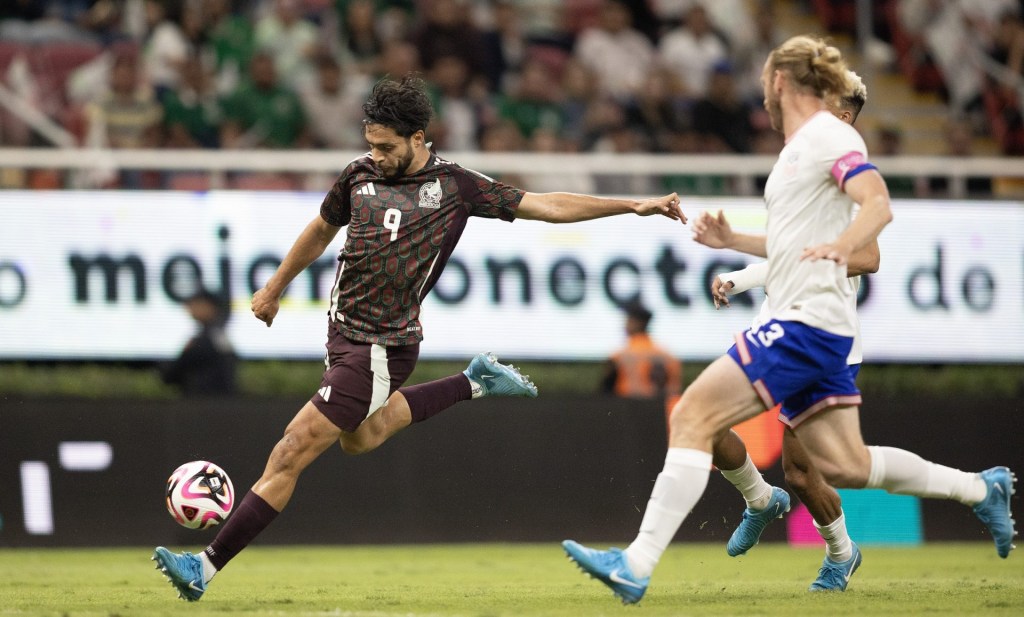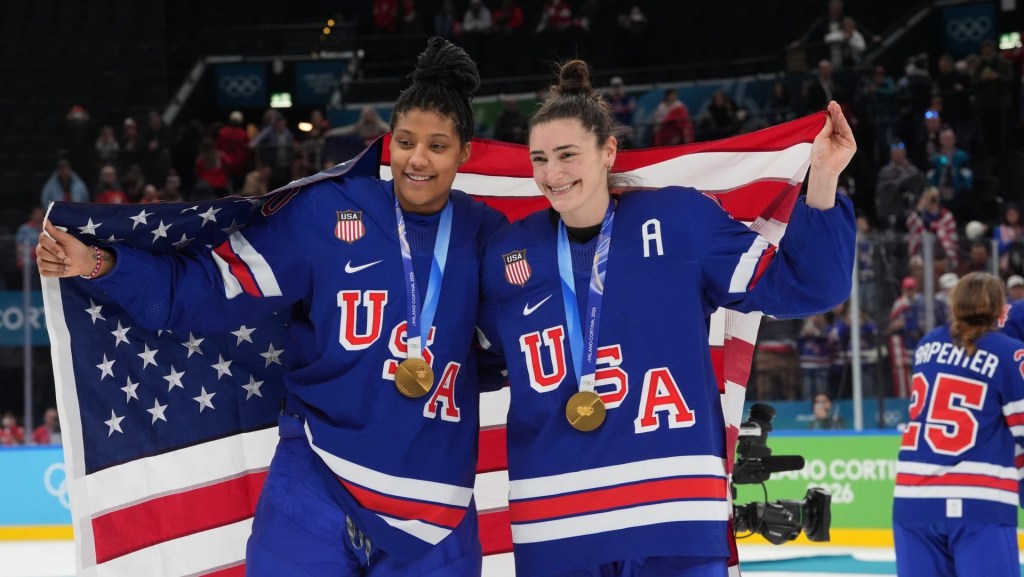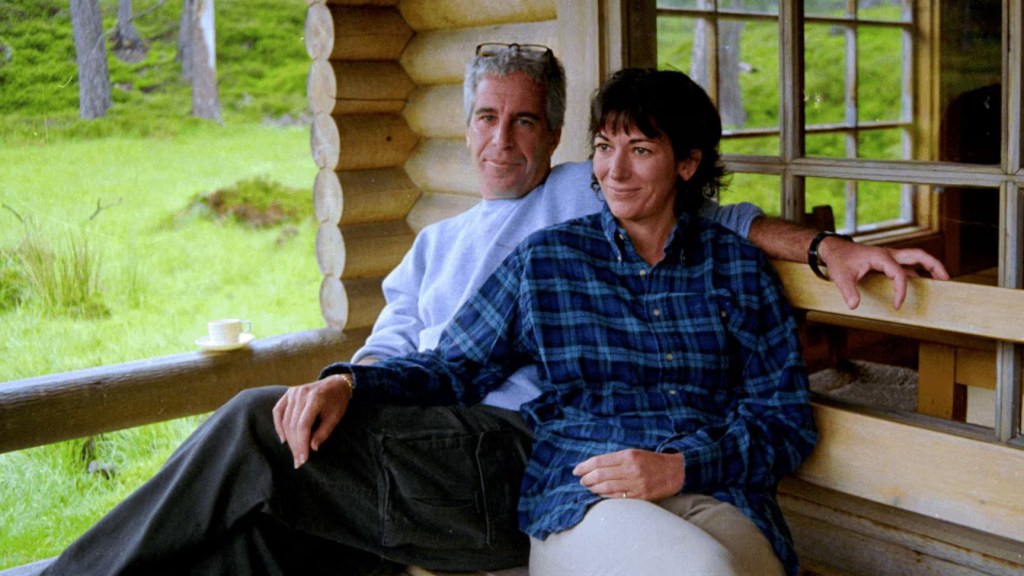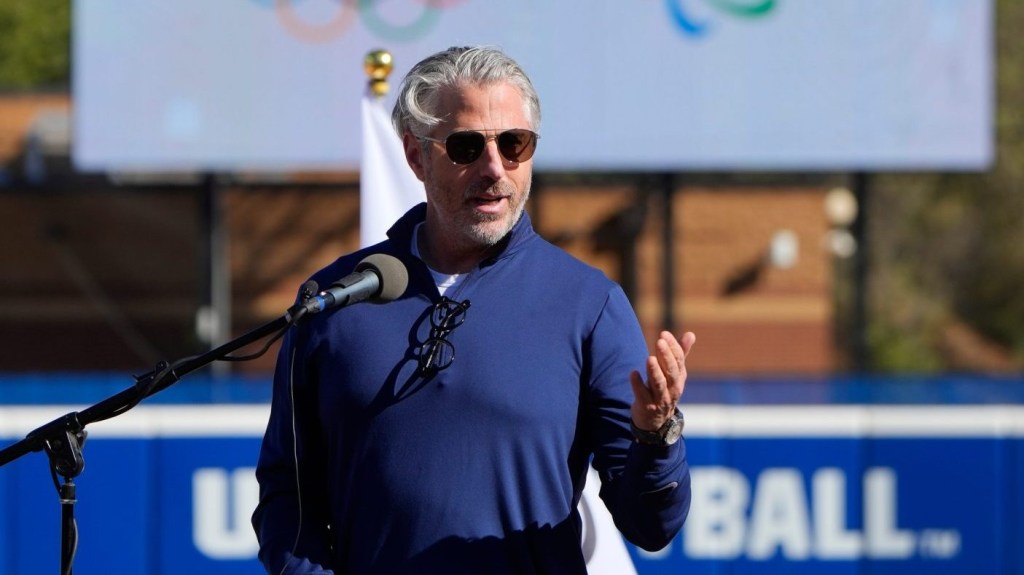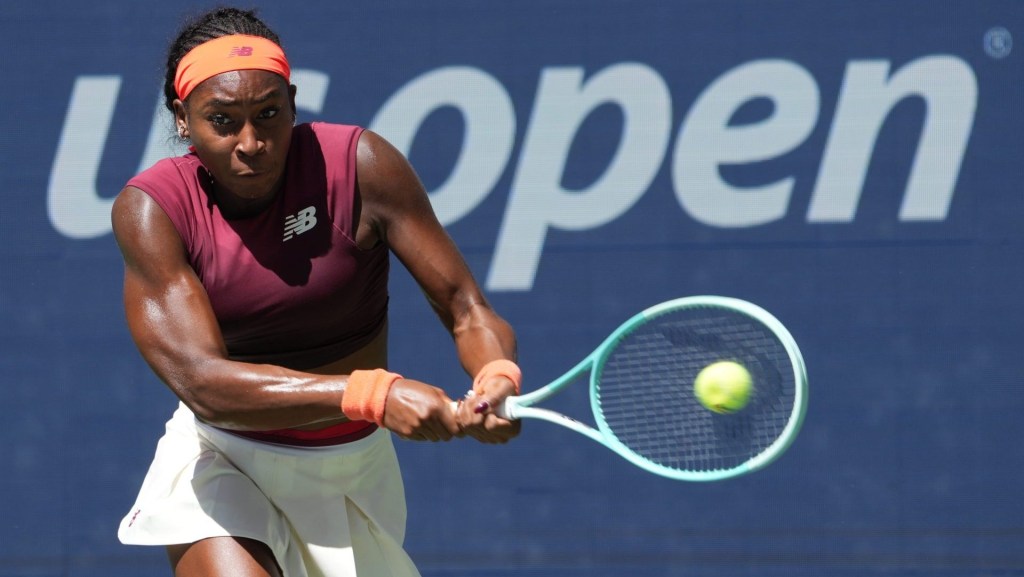The U.S. government did not pay its annual dues to the World Anti-Doping Agency, a forceful move in an ongoing saga between the oversight group and its largest financial backer.
A spokesperson for WADA confirmed to Front Office Sports that the organization did not receive $3.6 million from the U.S. government by the Dec. 31 deadline. The U.S. would’ve contributed only a small portion to WADA’s $57.5 million budget for 2025, but it’s the largest set of dues from any individual country. The decision means the U.S. cannot have a representative on the WADA Foundation Board or Executive Committee. This rule will impact Rahul Gupta, the director of the White House Office of National Drug Control Policy, who represents the Americas for the WADA Executive Committee. (Gupta’s ONDCP is the one that usually distributes the funds.)
But the consequences are far more serious than a few million dollars and a seat on a committee.
The U.S. Anti-Doping Agency has fiercely criticized WADA over its handling of the Russian doping scandal toward the end of President Trump’s first term, and more recently the case of 23 Chinese swimmers who WADA allowed to compete in the 2020 Tokyo Olympics despite positive tests. The Department of Justice and FBI launched an investigation into the Chinese swimming scandal. In July, Congress threatened to withhold WADA funding unless reforms were made as a bipartisan group of lawmakers introduced the Restoring Confidence in the World Anti-Doping Agency Act. (It wasn’t the first time Congress has introduced a bill about WADA.) In August, Olympic gold medal swimmers Michael Phelps and Allison Schmitt testified before Congress against lax anti-doping enforcement.
Apparently still unsatisfied with WADA, the U.S. followed through on its threat at the end of last year.
USADA CEO Travis Tygart said in a statement Wednesday that his group “fully supports” the decision to withhold funds. “Unfortunately, the current WADA leaders left the U.S. with no other option after failing to deliver on several very reasonable requests, such as an independent audit of WADA’s operations, to achieve the transparency and accountability needed to ensure WADA is fit for purpose to protect athletes,” Tygart said.
WADA, in turn, has been a loud critic of the U.S. and its anti-doping agency. For example, when news broke this summer that USADA had been enrolling undercover athletes to track down other users and dealers—and letting the positive-testing informants continue to compete—WADA was enraged. “It is ironic and hypocritical that USADA cries foul when it suspects other Anti-Doping Organizations are not following the rules to the letter while it did not announce doping cases for years and allowed cheats to carry on competing, on the off chance they might help them catch other possible violators,” WADA said in a statement.
The decision to not pay WADA could potentially have big implications for the 2034 Winter Olympic Games in Salt Lake City. For one, an International Olympic Committee official reportedly said a failed payment could threaten U.S. participation in or hosting of the Games, which has spurred concern by the White House that Utah’s bid could be rescinded, The New York Times reported. The second reason is that when the Utah bid was accepted, the IOC added a last-minute clause saying the “supreme authority” of WADA must be upheld—and the international body can “terminate” the bid for a violation of that policy. That addition to the bid is what led lawmakers to introduce the congressional bill about WADA in August.
Tygart doesn’t believe the decision to withhold funds will impact U.S. athletes, now or in the future. “The WADA statutes are crystal clear that the non-payment of voluntary dues does not affect athletes in any way even if the 2024 U.S. payment is never paid,” he said in his statement.
When asked whether the U.S. not paying dues constitutes a violation of WADA’s “supreme authority,” WADA deferred to the IOC, which did not immediately respond to questions.
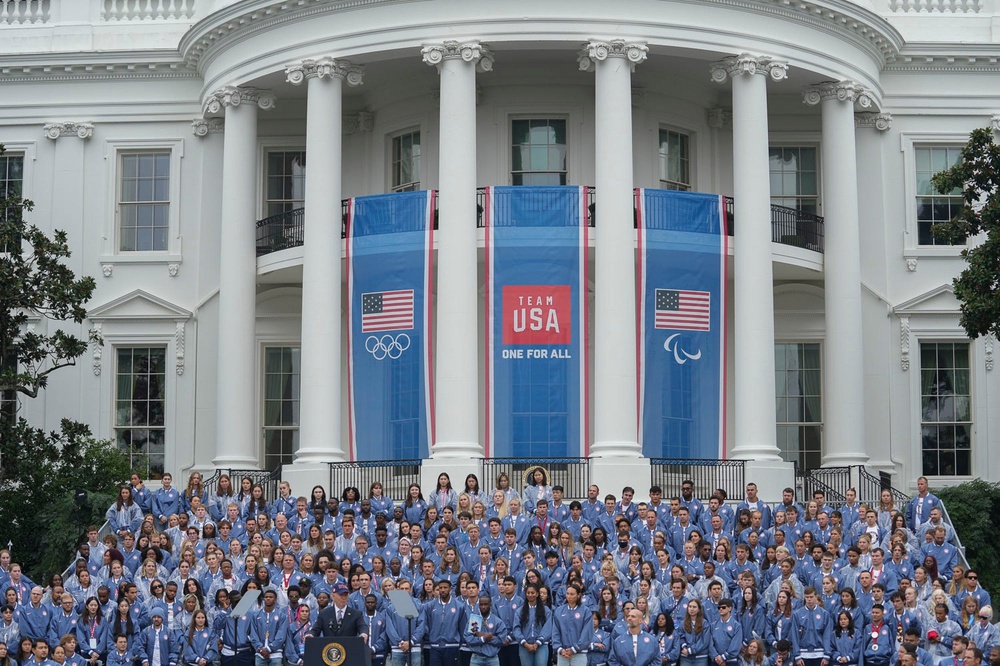
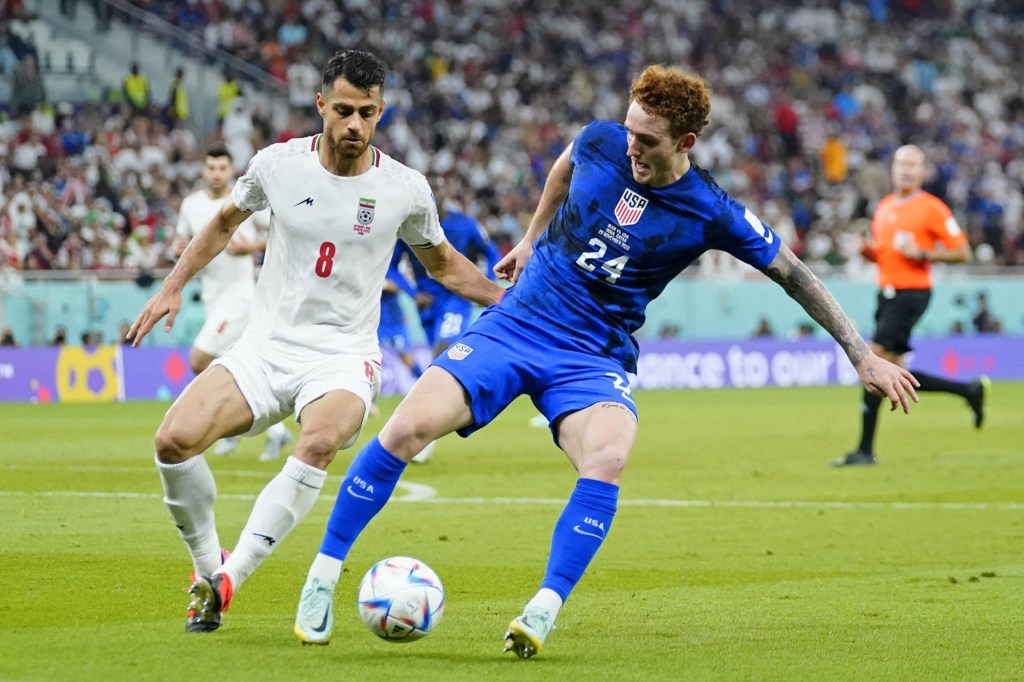



![[Subscription Customers Only] Jun 15, 2025; Seattle, Washington, USA; Botafogo owner John Textor inside the stadium before the match during a group stage match of the 2025 FIFA Club World Cup at Lumen Field.](https://frontofficesports.com/wp-content/uploads/2026/02/USATSI_26465842_168416386_lowres-scaled.jpg?quality=100&w=1024)
![[Subscription Customers Only] Jul 13, 2025; East Rutherford, New Jersey, USA; Chelsea FC midfielder Cole Palmer (10) celebrates winning the final of the 2025 FIFA Club World Cup at MetLife Stadium](https://frontofficesports.com/wp-content/uploads/2026/02/USATSI_26636703-scaled-e1770932227605.jpg?quality=100&w=1024)



